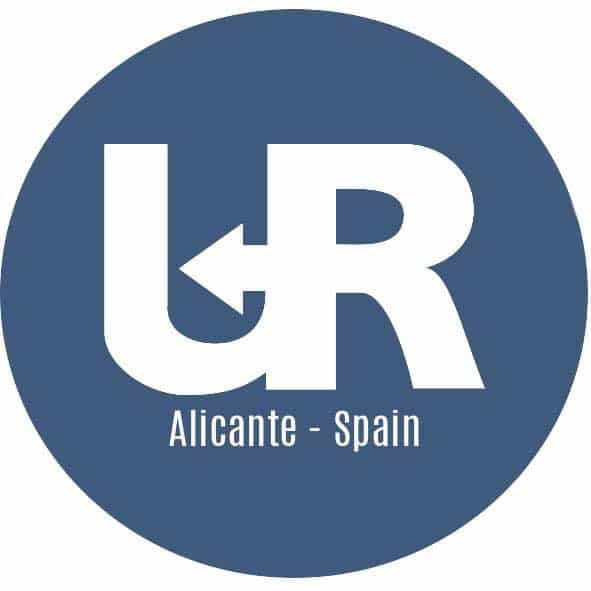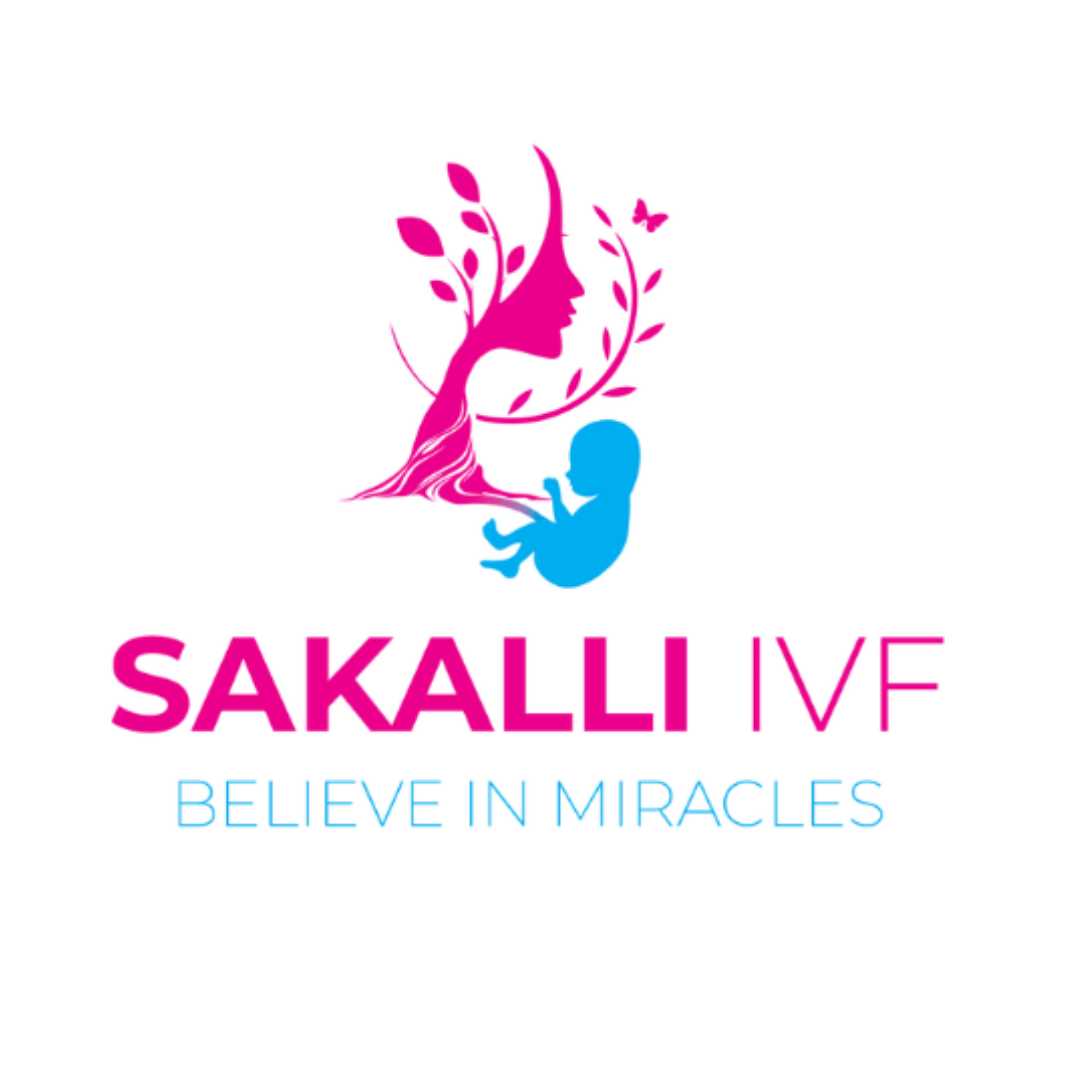
Going on a fertility journey is a deeply personal and often complex decision, with many hopeful parents exploring international options to achieve their dream. For those considering IVF abroad, Spain and the UK stand out as prominent destinations, each offering unique advantages regarding costs, success rates, legal frameworks, and patient experience. This in-depth comparison provides critical insights to help you navigate these choices, focusing on the nuances that differentiate IVF in Spain and IVF in the UK.
Choosing Your Path - IVF Treatment in Spain or the UK?
Both Spain and the UK offer world-class fertility treatments, but they cater to different patient needs and preferences. Spain has become a leading destination for international fertility patients, particularly from the UK and other European countries, primarily due to its more liberal laws, anonymous egg donation, shorter waiting lists, and often more affordable prices. It's an appealing option for those seeking a more comprehensive or financially accessible path to parenthood, including single women and LGBTQ+ couples.
The UK, on the other hand, boasts a highly regulated and respected fertility sector, with excellent medical standards and clear ethical guidelines. While NHS provision for IVF can be limited and have long waiting lists, private clinics offer state-of-the-art care. The UK is often preferred by patients who value proximity, familiar legal systems, and identified sperm/egg donors, despite generally higher costs.
IVF Spain vs UK - Detailed Feature Comparison
Spain's Strengths in Fertility Treatment
Spain is globally recognized for its advanced reproductive medicine, particularly for its progressive legal framework and high success rates in complex procedures like egg donation. The country's clinics boast state-of-the-art technology, experienced specialists, and robust research programs, attracting patients seeking comprehensive care that may be restricted or more costly elsewhere. The anonymity of egg donation, combined with a diverse pool of donors, means minimal waiting lists, a significant advantage for many.
UK's Strengths in Fertility Treatment
The UK's fertility sector is characterized by its strict regulation by the Human Fertilisation and Embryology Authority (HFEA), ensuring high standards of patient care, safety, and ethical practice. UK clinics offer excellent medical expertise, often at the forefront of research and innovation. For UK residents, the familiarity of the healthcare system and the ability to choose identified donors are key benefits. Patients receive extensive counselling and support, emphasizing the emotional well-being alongside the medical journey.
IVF in Spain - Advantages and Disadvantages
Pros of IVF in Spain
- Cost-Effectiveness: Significant savings compared to private IVF in the UK, making advanced fertility treatments more accessible.
- Anonymous Egg Donation: Wide availability of donors with no waiting lists, ensuring faster access to treatment.
- Advanced Legal Framework: Progressive laws supporting a broad range of treatments, including PGD/PGS and options for single women and LGBTQ+ couples.
- Higher Age Limit: Generally allows women up to 50-52 to receive treatment.
- High Success Rates: Especially renowned for excellent outcomes in egg donation cycles.
- Integrated Medical Tourism: Opportunity to combine treatment with a relaxing trip, aiding stress reduction.
Cons of IVF in Spain
- Travel & Logistics: Requires international travel, which adds to overall cost and planning.
- Language Barrier: While clinics offer English-speaking staff, daily interactions outside the clinic might require basic Spanish.
- Donor Anonymity: For patients who prefer identified donors, Spain's anonymous donor system may be a disadvantage.
- Follow-up Care: Requires coordination with local doctors for post-treatment monitoring back home.
IVF in the UK - Advantages and Disadvantages
Pros of IVF in the UK
- Familiar Healthcare System: For UK residents, navigating treatment is straightforward within a known system.
- Identified Donors: Children born from donated eggs or sperm in the UK have the right to know their donor's identity later in life.
- Strict Regulation: HFEA oversight ensures high standards of safety, quality, and ethical practice.
- Comprehensive Counselling: Mandatory counselling and support services are integrated into treatment.
- No International Travel: Eliminates the stress and cost associated with medical tourism.
Cons of IVF in the UK
- Higher Costs: Private IVF treatment in the UK is significantly more expensive than in Spain.
- Limited NHS Funding: Access to free NHS IVF is restricted by strict eligibility criteria and long waiting lists.
- Donor Shortages: Identified donor policy often leads to longer waiting lists for egg and sperm donors.
- Lower Age Limit for NHS: Publicly funded IVF usually has an age cap of 43 for women.
- Stricter Legal Framework: While ensuring safety, some advanced techniques or specific family structures might face more limitations.
Navigating Your Journey - The International Patient Experience
The Spanish Experience
For international patients, undergoing fertility treatment in Spain often involves a seamless, well-supported experience. Clinics typically offer dedicated international patient coordinators who speak multiple languages, including English, guiding you through every step from initial consultation to post-treatment follow-up. Many clinics are located in vibrant cities or coastal areas, allowing patients to combine their treatment with a relaxing mini-break, which can significantly reduce stress. The focus is often on high-tech solutions and personalized care plans, delivered in a welcoming environment.
The UK Experience
In the UK, the patient experience is characterized by its structured and highly regulated approach. Patients can expect extensive pre-treatment consultations, including mandatory counselling, ensuring they are fully informed and emotionally prepared. While less focused on the 'medical tourism' aspect, UK clinics prioritize clinical excellence, patient safety, and transparent communication. For those residing in the UK, the convenience of local travel, continuity of care within the NHS (if eligible), and familiar legal safeguards provide a sense of security.
Understanding IVF Success Rates - Spain vs. UK
When comparing IVF success rates, it's crucial to look beyond raw numbers and understand the factors influencing them. Both Spain and the UK boast high success rates comparable to top global clinics. However, Spain often reports higher success rates, particularly for women in older age groups, largely due to its robust anonymous egg donation programs. Using younger, healthy donor eggs can significantly boost success rates for patients who might struggle with their own gametes due to age or ovarian reserve issues.
In the UK, the Human Fertilisation and Embryology Authority (HFEA) meticulously collects and publishes data, providing transparent information on clinic-specific success rates based on patient age and treatment type. While UK rates are excellent, the limited availability of egg donors and stricter regulations around donor identity can sometimes lead to different patient demographics receiving treatment, thus influencing comparative statistics. Always ask clinics for their specific live birth rates per embryo transfer, broken down by age and treatment type, to make an informed decision.
The Role of Egg Donation - A Key Differentiator
Egg donation policies represent one of the most significant differences between Spain and the UK and often dictate a patient's choice of destination. In Spain, egg donation is anonymous by law. This means donors remain unknown to recipients and any resulting children. This policy, combined with a strong culture of donation, ensures a plentiful supply of young, healthy donors, leading to minimal waiting lists and a wide selection of donor profiles (phenotypic matching). For many international patients, especially those requiring egg donation due to age, premature ovarian failure, or genetic conditions, Spain offers a swift and effective solution.
Conversely, in the UK, egg and sperm donation has been identifiable since 2005. This means that donor-conceived children have the right to request identifying information about their donor once they turn 18. While this policy is valued by many for ethical reasons and ensures potential for connection, it has unfortunately led to a severe shortage of donors, resulting in long waiting lists for egg donation in UK clinics. Patients prioritizing the right to identity for their future child may choose the UK, but must be prepared for potential delays.
Real Stories from Parents Who Chose IVF Abroad
Anna & James, UK
"After years of trying and being on long waiting lists in the UK, we chose a clinic in Valencia. The cost was significantly lower, and the egg donation process was so much smoother. We're now proud parents to a beautiful baby girl!"
Sarah, Canada
"I had my IVF treatment in London. While expensive, the peace of mind knowing the HFEA regulations and having access to counselling was invaluable. The staff were incredibly supportive, and I felt confident in every step."
Liam & Maria, Ireland
"We opted for Spain because of the more inclusive laws for same-sex couples. The clinic in Barcelona was incredibly professional and welcoming. It was the best decision for our family."
Karen, Scotland
"My experience with IVF in Scotland was fantastic. Although it took a while to get NHS funding, the quality of care was exceptional, and I felt fully supported throughout the entire process by my local clinic."
Frequently Asked Questions About IVF in Spain & UK
How much does IVF cost in Spain compared to the UK?
A basic IVF cycle in Spain typically ranges from €3,500 - €6,000 (approx. £3,000 - £5,200), often excluding medication. In the UK, a private IVF cycle can cost £5,000 - £8,000 or more, also often excluding medication. Spain generally offers significant cost savings, especially for treatments involving donor eggs.
Are IVF success rates better in Spain or the UK?
Both countries have high IVF success rates comparable to leading international clinics. Spain often reports slightly higher overall success rates, particularly for older women, largely due to its readily available anonymous egg donation programs utilizing younger, healthy donors. The UK's HFEA provides transparent, age-specific data for UK clinics.
What is the age limit for IVF treatment in Spain and the UK?
In Spain, the legal age limit for women undergoing IVF is generally 50, with some clinics extending to 52 based on individual health assessment. In the UK, NHS funding typically has an age limit of 43, while private clinics may treat women up to 50, depending on their medical assessment.
What are the differences in egg donation laws?
Spain has anonymous egg donation by law, meaning donors and recipients do not know each other's identities. This ensures a plentiful supply of donors and minimal waiting lists. In the UK, egg donors are identifiable, meaning donor-conceived children have the right to request identifying information about their donor at 18. This policy contributes to donor shortages and longer waiting times in the UK.
Do I need to speak Spanish to have IVF in Spain?
No, most reputable fertility clinics in Spain that cater to international patients have dedicated English-speaking staff, including doctors, nurses, and patient coordinators, to ensure clear communication throughout your treatment journey.
Are there waiting lists for IVF in Spain or the UK?
In Spain, there are typically minimal to no waiting lists for private IVF treatment, even for egg donation. In the UK, NHS-funded IVF often involves significant waiting lists. Private clinics in the UK generally have shorter waiting times, but there can be delays for donor eggs due to donor shortages.
Is IVF in Spain safe?
Yes, Spain has a highly regulated and advanced healthcare system, with many fertility clinics adhering to strict European medical standards. Many clinics are internationally accredited and staffed by highly trained specialists. Thorough research into your chosen clinic is always recommended.
What about IVF options for LGBTQ+ individuals and single parents?
Spain has a very progressive legal framework that is highly inclusive of LGBTQ+ individuals and single parents seeking fertility treatment, offering clear legal pathways for parenthood. The UK also offers options for LGBTQ+ individuals and single parents, though the identified donor policy can sometimes lead to longer waits for suitable donors.
How long do I need to stay in Spain for an IVF cycle?
For a full IVF cycle, you typically need to be in Spain for approximately 10-14 days. This allows for monitoring, egg retrieval, fertilization, and embryo transfer. Some clinics may offer an initial consultation remotely, reducing your stay.
What support is available for international patients in Spain?
Leading Spanish clinics provide comprehensive support for international patients, including multilingual patient coordinators, assistance with travel and accommodation, and detailed remote follow-up plans. Many also offer emotional support and counselling services.
Ready to Take the Next Step on Your Fertility Journey?
Choosing between IVF in Spain and the UK is a significant decision that depends on your individual priorities regarding cost, legal requirements, donor preferences, and overall patient experience. Whether you're seeking the affordability and expansive donor options of Spain or the familiar regulatory environment of the UK, informed choices are paramount.
At PlacidWay, we empower you with trusted information and access to a global network of accredited fertility clinics. Our dedicated Care Team offers free, no-obligation consultations to help you compare personalized treatment packages, understand transparent pricing, and connect with world-class specialists. Let us simplify your journey to parenthood.






.png)
.png)
.png)
.png)





Share this listing